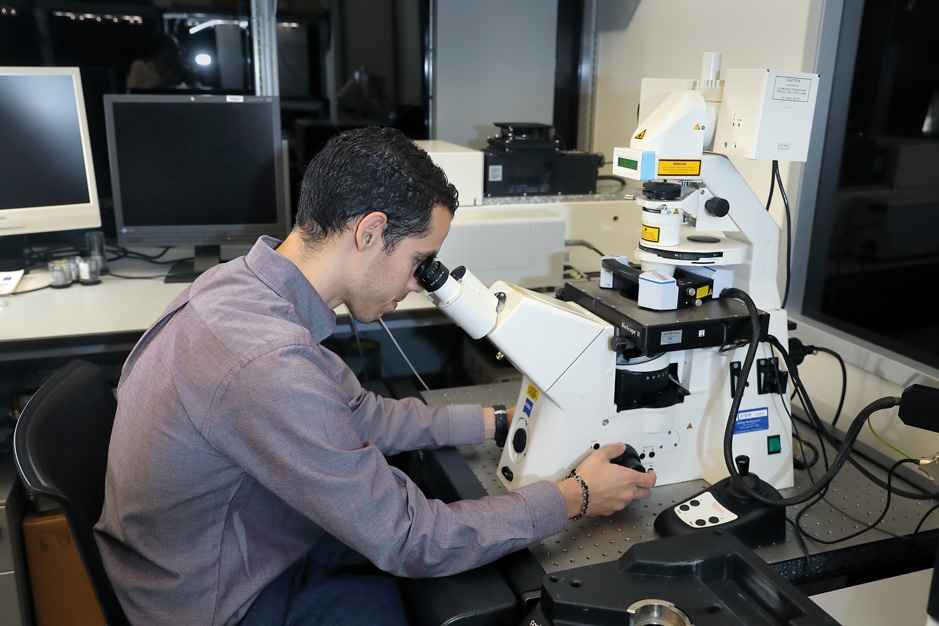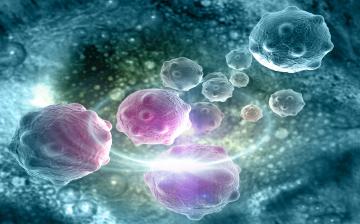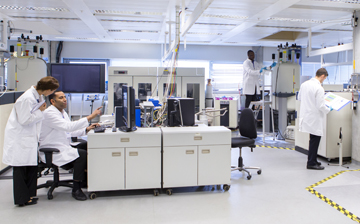
The focus of the Section on Mechanobiology is the development and use of advanced Atomic Force Microscopy (AFM) technologies for cellular and tissue mechanics investigation. We combine and apply diverse multidisciplinary knowledge to investigate the most pressing mechanobiology questions, including high spatio-temporal resolution AFM and confocal fluorescent microscopes, image analysis, and mathematical modeling.
The Section on Mechanobiology seeks to understand several important biological processes by applying physics and engineering principles, particularly: the molecular-mechanical regulation of the actomyosin cortex of melanoma cells; the solid tumor microenvironment for deciphering self-organization in cancer biology; and the anisotropic mechanical properties of developmental and mature inner ear sensory and non-sensory epithelial tissues using a novel noncontact AFM approach.
Additionally, the laboratory develops new AFM methodologies to study fast multiparametric and multidimensional cellular and tissue processes, and advances the state-of-the-art AFM imaging methods for high spatio-temporal and quantitative nanomechanical mapping.

Photo: C Chang for NIBIB








